 10
10
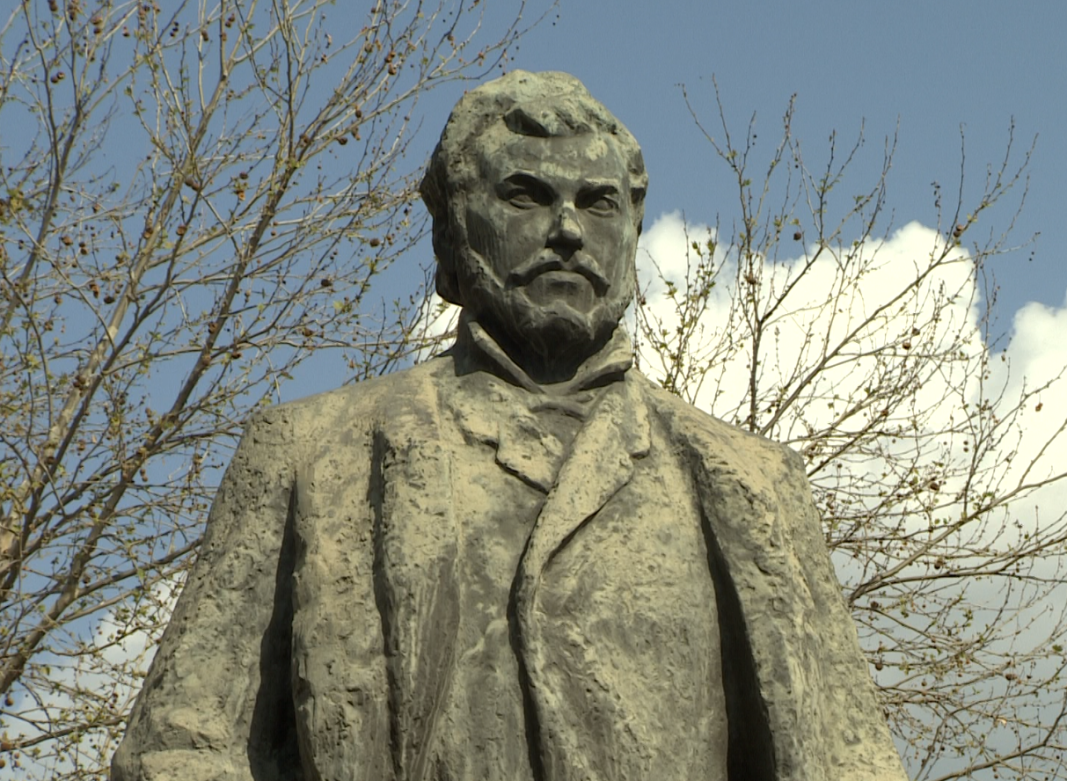
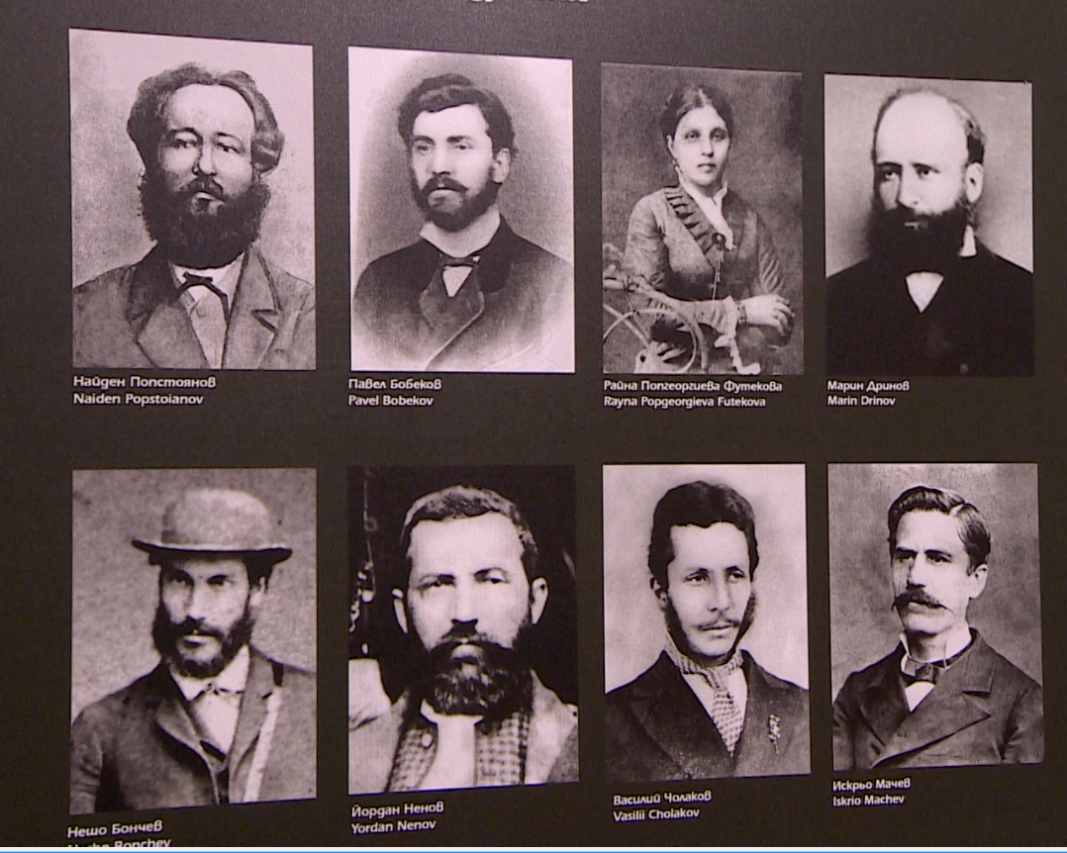
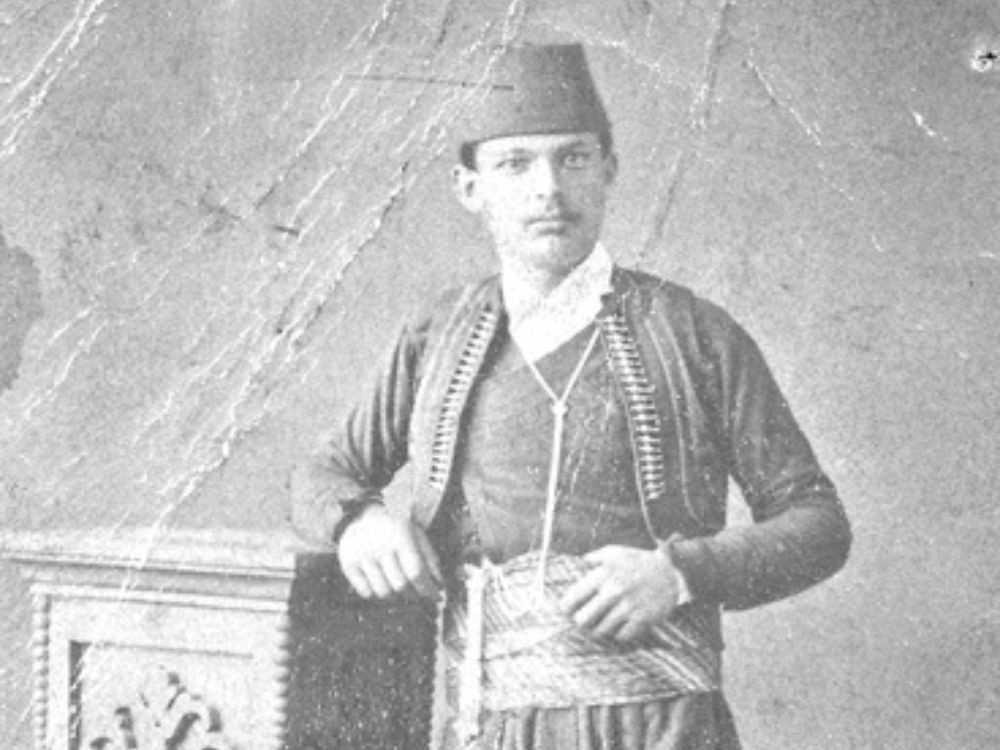
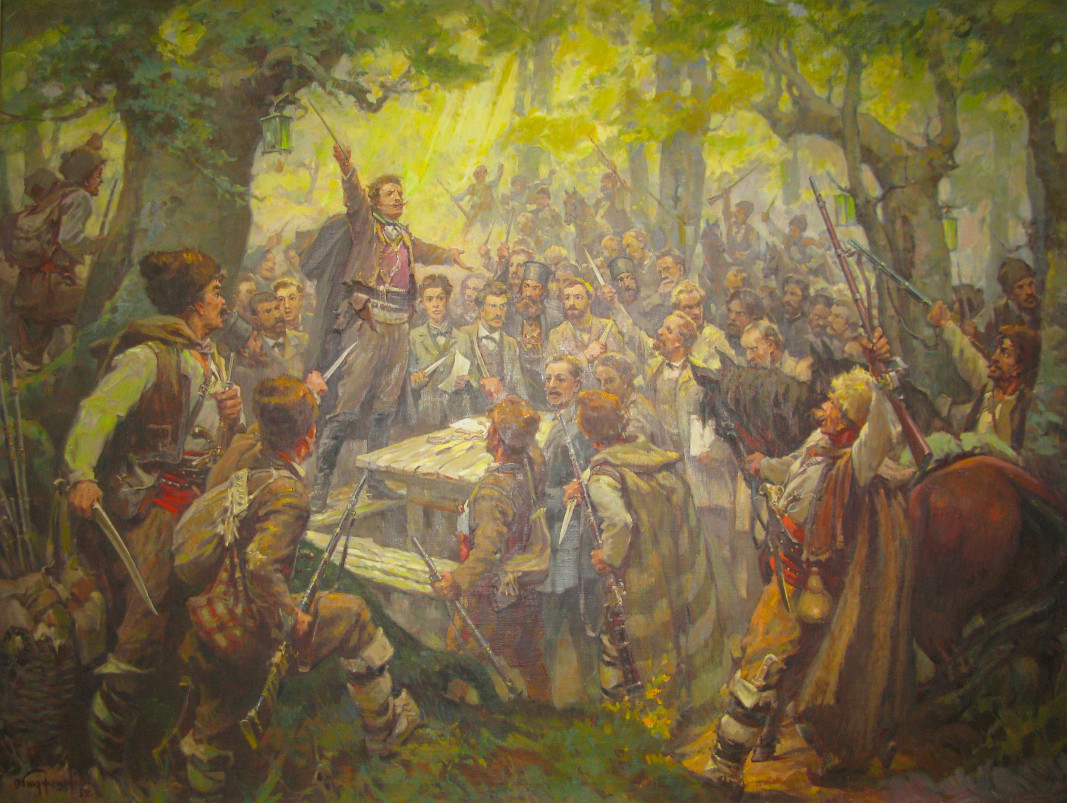

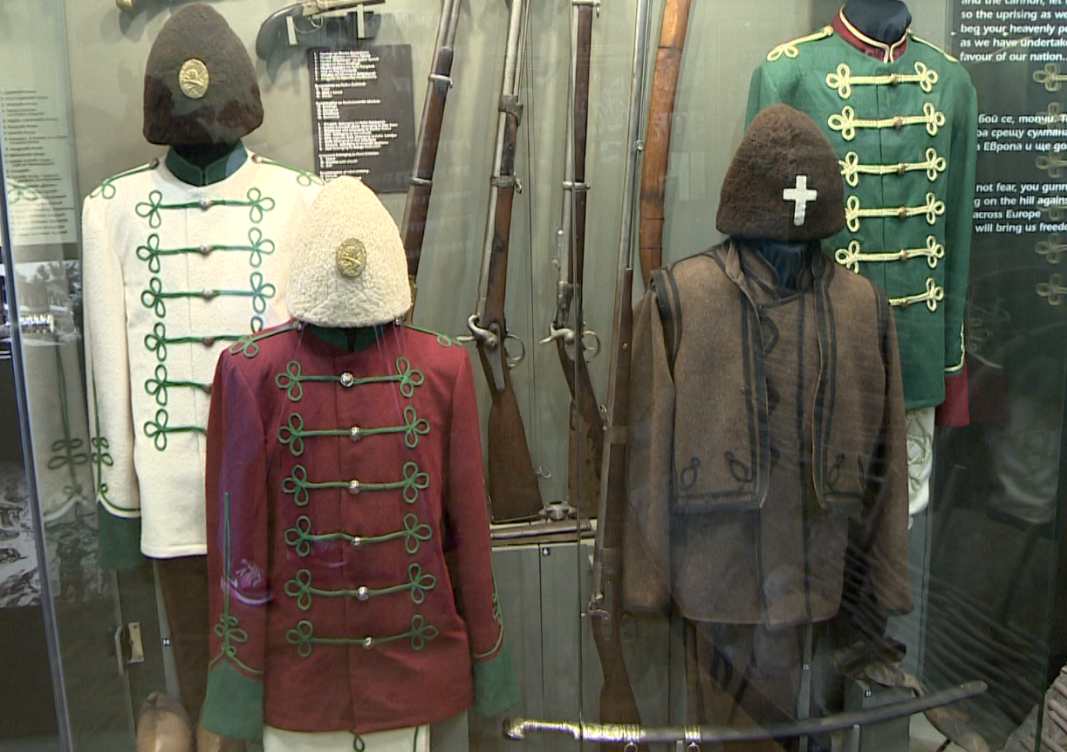
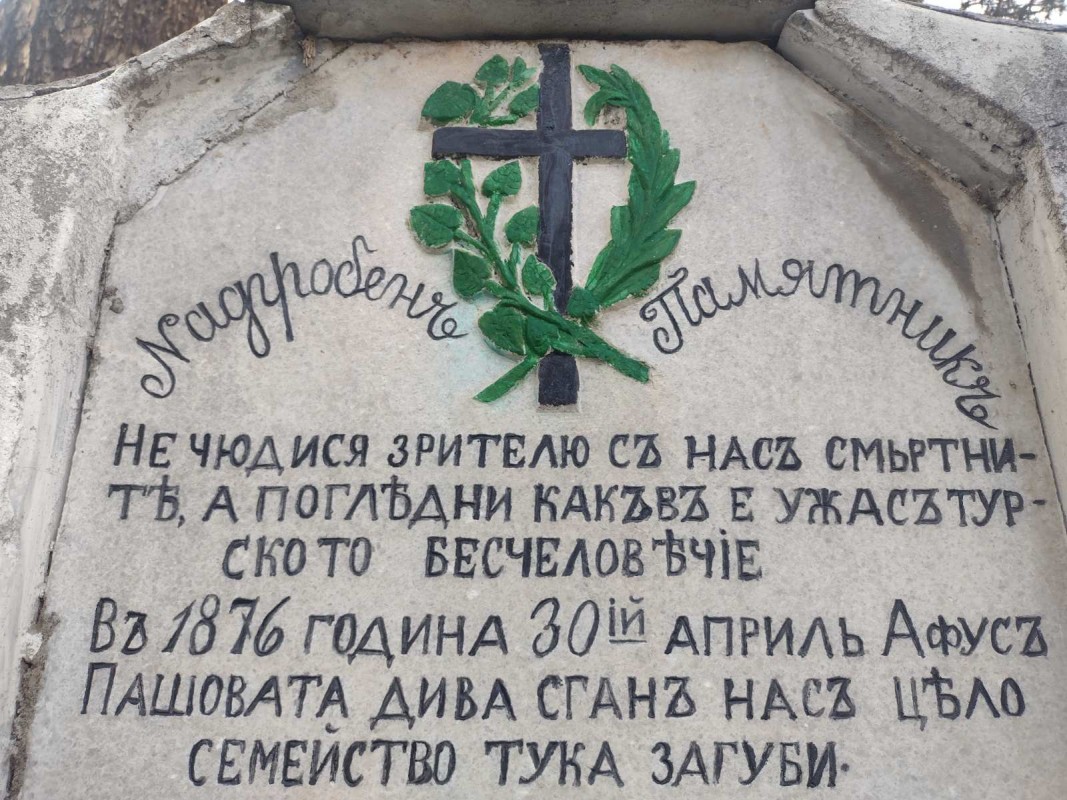
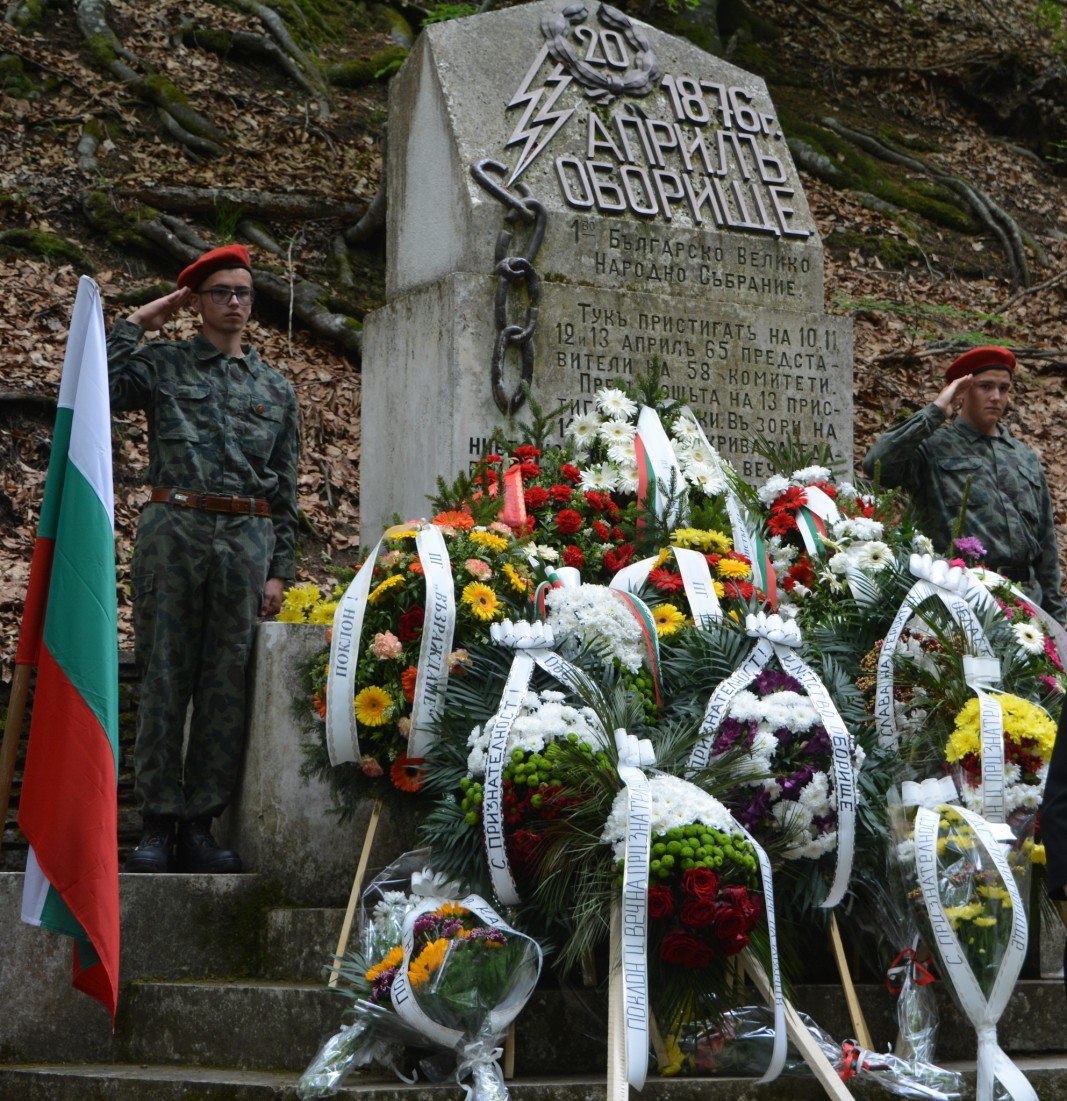
30 March marks the end of the most blessed time of the year, as Muslims call the month of Ramadan. This year it started on 1 March, and the most important obligation Muslims have during this 30-day period is to refrain from food, drink and temptation..
Nearly 40 years ago, the Bulgarian Orthodox Church Communities (BOCC) in Western and Central Europe were concentrated in several cities. After our country joined the European Union and with the growth of the Bulgarian diaspora, the Bulgarian church..
The Feast of the Annunciation is the day when God's promise for the salvation of the human soul from the eternal torments of darkness is fulfilled. Its message is that God loves us, says Father Bozhidar Marinov from the "Exaltation of the Holy Cross..
The introduction of the subject "Virtues and Religions" in schools is not aimed at indoctrinating children, but at informing and educating them. Faith..
This year, 2025, marks 1160 years since the baptism of our Bulgarian people into the Orthodox faith and 1170 years since the creation of the Bulgarian..

+359 2 9336 661
